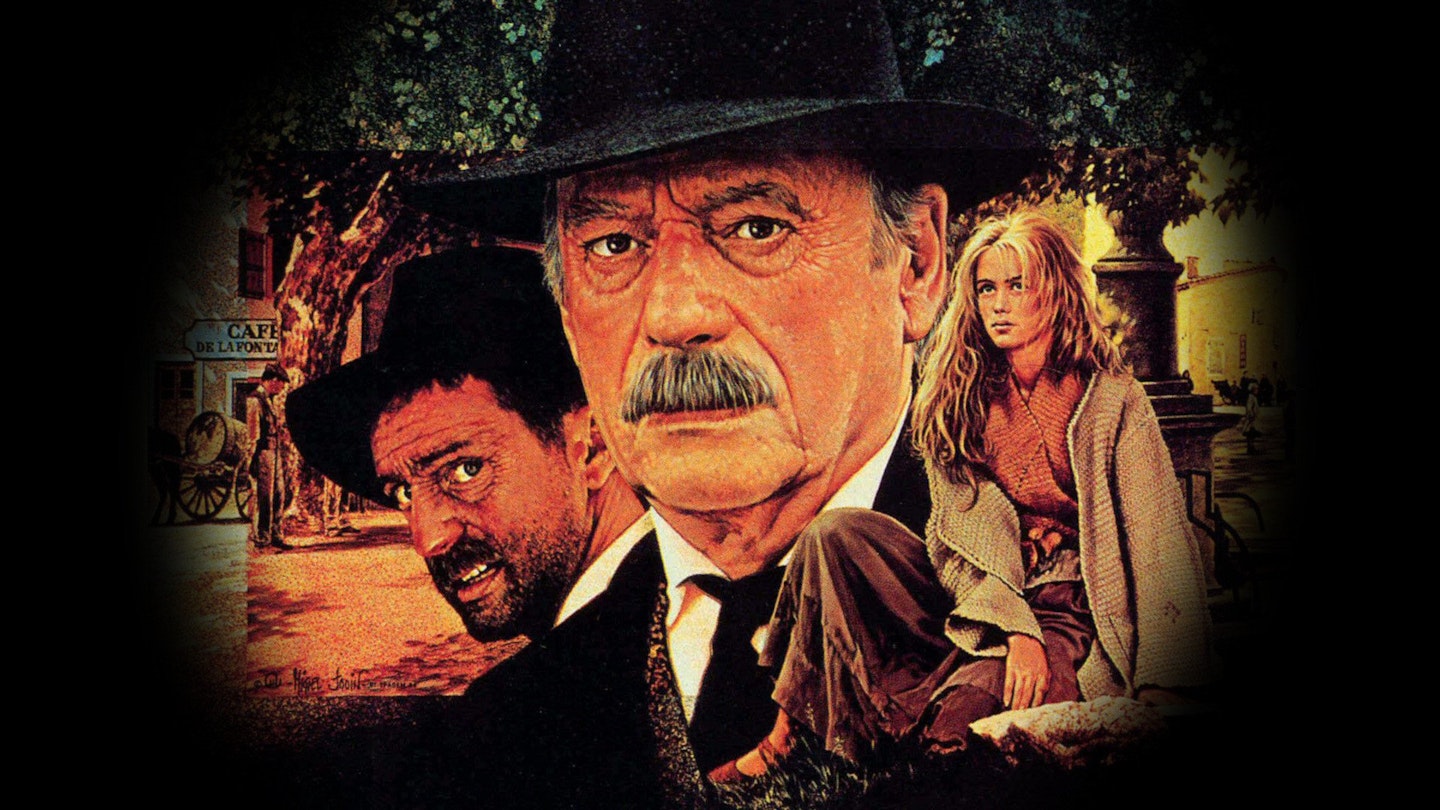Although he was the villain of Jean de Florette, the first part of Claude Berri's sumptuously tragic adaptation of Marcel Pagnol's novel The Water in the Hills, César Soubeyran could always justify his hostility towards the outsider whose water he stole as a crime dictated by the need to uphold the tradition and continuity of the land. But, in the affecting conclusion of this stylish, if overly sentient sequel, Le Papet learns that he actually killed his own kin in prompting Jean's fatal accident and that he has been betrayed by the very notion of family that he held so dear.
However, Montand is more of a peripheral figure until this sobering revelation, as Berri has so much plot to deal with he doesn't always have time for the character study that made the first film so rich. Moreover, the loss of Gérard Depardieu's intense presence leaves a considerable hole and, despite her spirited performance as the vengeful nymph, Emmanuelle Béart is never quite able to fill it. She occasionally allows calculating loathing to vitiate her pastoral beauty. But Berri seems content to allow Manon to pout and flounce her way into poor Ugolin's heart and, consequently, her relationship with schoolteacher Bernard Olivier feels like a contrivance rather than the assurance of an optimistic future.
Daniel Auteuil, however, comes more to the fore and he deserved his César for Best Actor for the piteous manner in which his remorse is exploited as a weakness by Montand and then thrown back in his face by Béart (who was his off-screen partner at the time) when she realises his hopeless devotion to her. Indeed, his moral dignity provides the emotional core of a film that looks superb (thanks to Bruno Nuytten's lucent photography), but is too conscious of its heritage prestige to plumb its story's real human depths.
